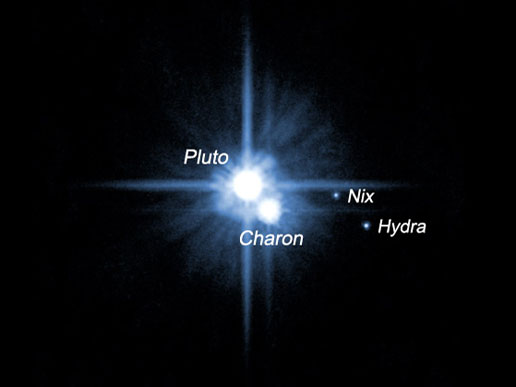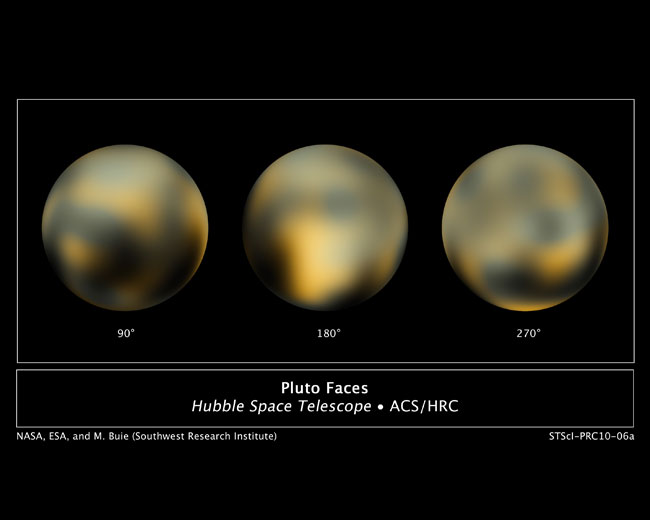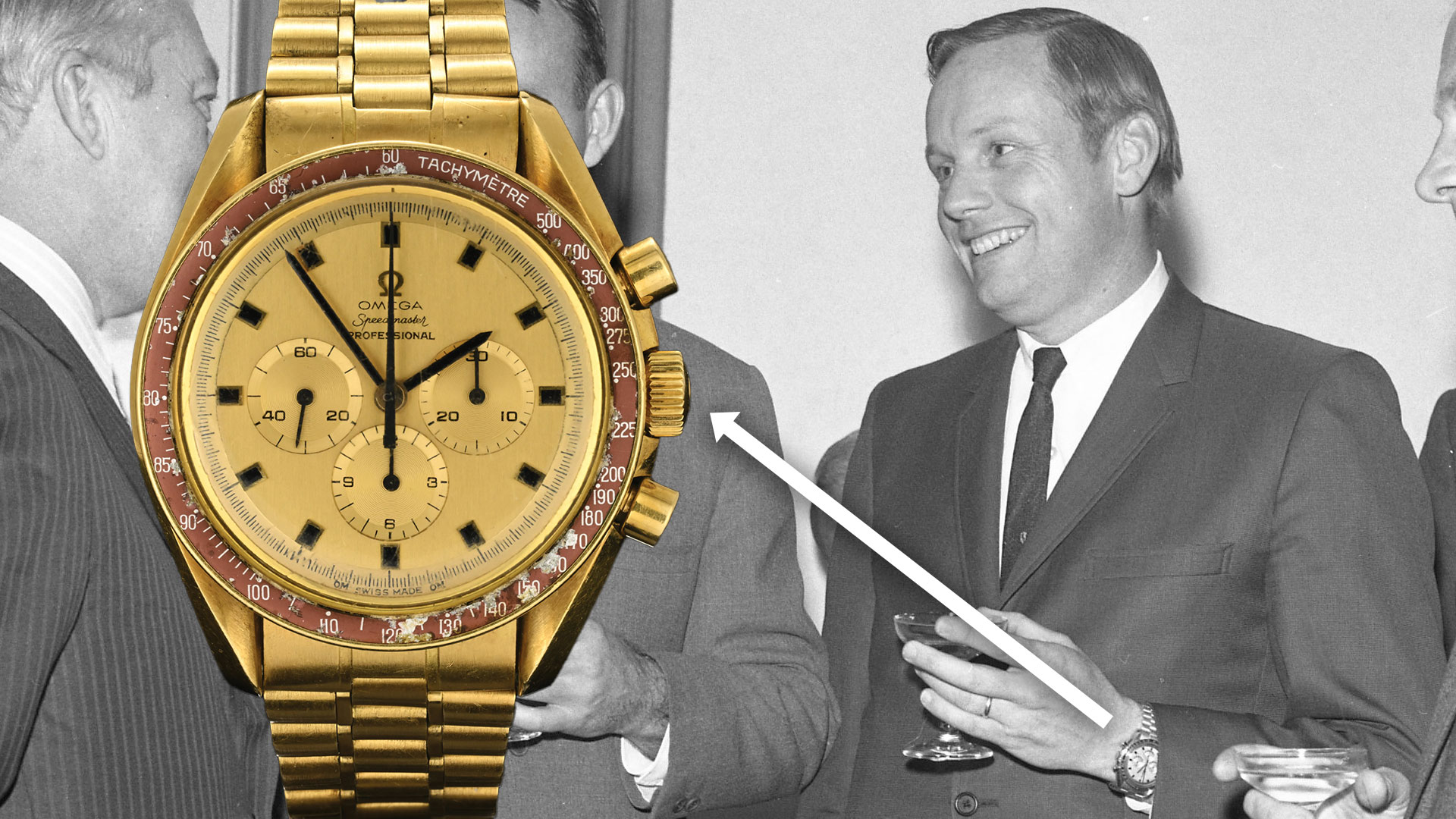'Vulcan' Warps Into Lead in Pluto Moon Name Contest

For William Shatner, the actor who portrayed "Star Trek" captain James T. Kirk, naming one of Pluto's moons "Vulcan" is the only logical choice, and more than 100,000 apparent Trek fans agree.
Shatner proposed "Vulcan" as a potential name for one of Pluto's moons, the recently discovered P4 and P5, as part of the Pluto Rocks contest launched by the SETI Institute on Feb. 11. Now, Vulcan — which on Star Trek is the home planet of Kirk's pointy-eared first officer Spock — has a commanding lead worthy of Kirk, it seems.
"I think we are over 100k votes for Vulcan on PlutoRocks.com that's wonderful!," Shatner wrote from his Twitter, @WilliamShatner yesterday (Feb. 19).
Vulcan is currently in the lead, taking more than 100,000 of the 325,800 votes cast. Cerberus and Styx are running in second and third with about 75,000 and 70,000 votes respectively, but officials at SETI will take other factors into consideration when deciding what to name the moons. [See photos of Pluto and its moons]
Shatner also suggested that SETI add Romulus — the Roman god of fire and the twin brother of Remus in the Roman foundation myth — to the list of possibilities, but SETI officials nixed that name because it was also the name of an asteroid's moon elsewhere in the solar system. In Star Trek lore, Romulus is the home planet of the Romulan alien race.
Pluto has five moons that astronomers currently know of. Scientists first caught sight of Pluto's largest moon Charon in 1978, but it was not until 2005 that astronomers discovered two other moons (Nix and Hydra) using the Hubble Space Telescope.
The moon P5 was discovered in 2012, also using the Hubble telescope. The moon P4 was discovered in 2011.
Get the Space.com Newsletter
Breaking space news, the latest updates on rocket launches, skywatching events and more!

Once voting on the Pluto Rocks website closes on Feb. 25, SETI will review the contest and make recommendations for naming P4 and P5. Ultimately, the International Astronomical Union is responsible for naming the moons. While the IAU will take the contest results into consideration, the organization still has final say over what the tiny moons are named.
A new batch of written-in names was also added to the list on Feb. 14, two days after Vulcan was accepted on Feb. 12.
"By the way, if you are a fan of one of our eight most recent additions to the ballot, please don't give up!" Mark Showalter of SETI wrote in a blog on Feb. 18. "They may be way behind in the voting, but we realize that they had a big disadvantage by not appearing till Thursday. A late surge of support is something we would surely notice."
SETI's Pluto moon name voting polls will remain open on plutorocks.com until 12 p.m. EST (1700 GMT) on Feb. 25.
Follow Miriam Kramer on Twitter @mirikramer or SPACE.com @Spacedotcom. We're also on Facebook & Google+.
Join our Space Forums to keep talking space on the latest missions, night sky and more! And if you have a news tip, correction or comment, let us know at: community@space.com.

Miriam Kramer joined Space.com as a Staff Writer in December 2012. Since then, she has floated in weightlessness on a zero-gravity flight, felt the pull of 4-Gs in a trainer aircraft and watched rockets soar into space from Florida and Virginia. She also served as Space.com's lead space entertainment reporter, and enjoys all aspects of space news, astronomy and commercial spaceflight. Miriam has also presented space stories during live interviews with Fox News and other TV and radio outlets. She originally hails from Knoxville, Tennessee where she and her family would take trips to dark spots on the outskirts of town to watch meteor showers every year. She loves to travel and one day hopes to see the northern lights in person. Miriam is currently a space reporter with Axios, writing the Axios Space newsletter. You can follow Miriam on Twitter.









